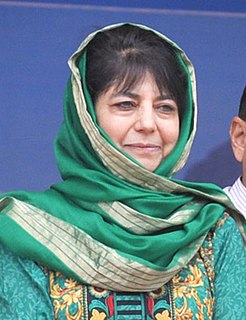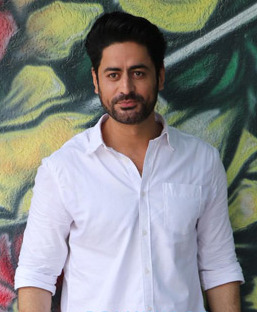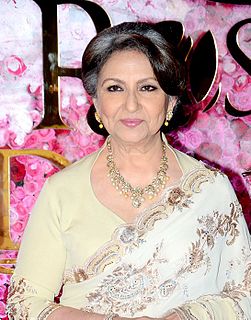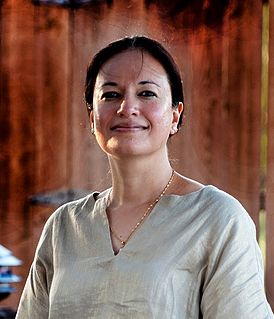A Quote by Narendra Modi
The alliance in Jammu and Kashmir is one of the most important developments on the contemporary political scene.
Related Quotes
It is our priority to win the hearts of people of Jammu and Kashmir. That could only be achieved through development and their welfare. We have a responsibility to see that people of the state are prosperous. We are not talking about Hindus or Muslims, but the people of Jammu and Kashmir. Development comes when there is integration.





























